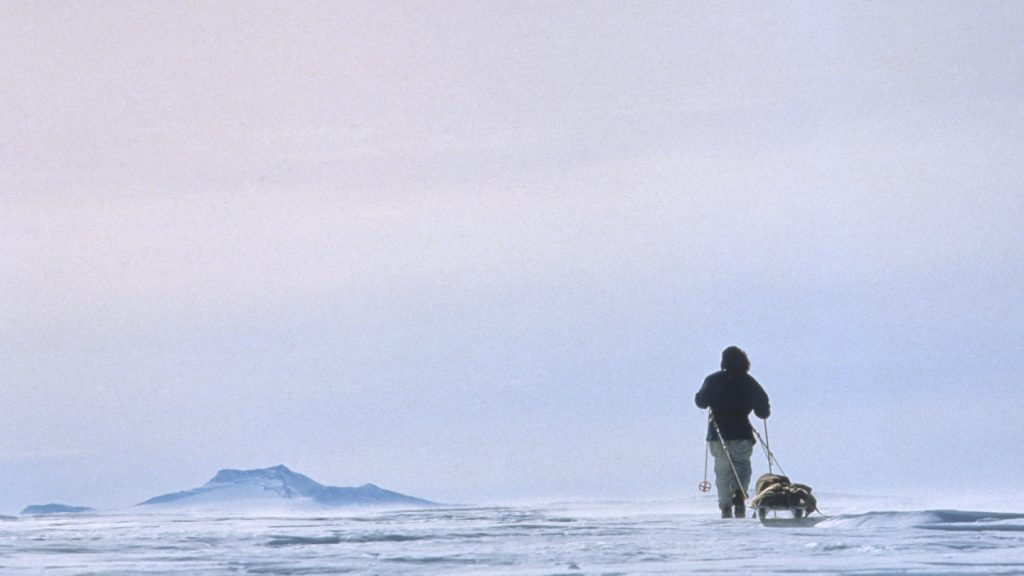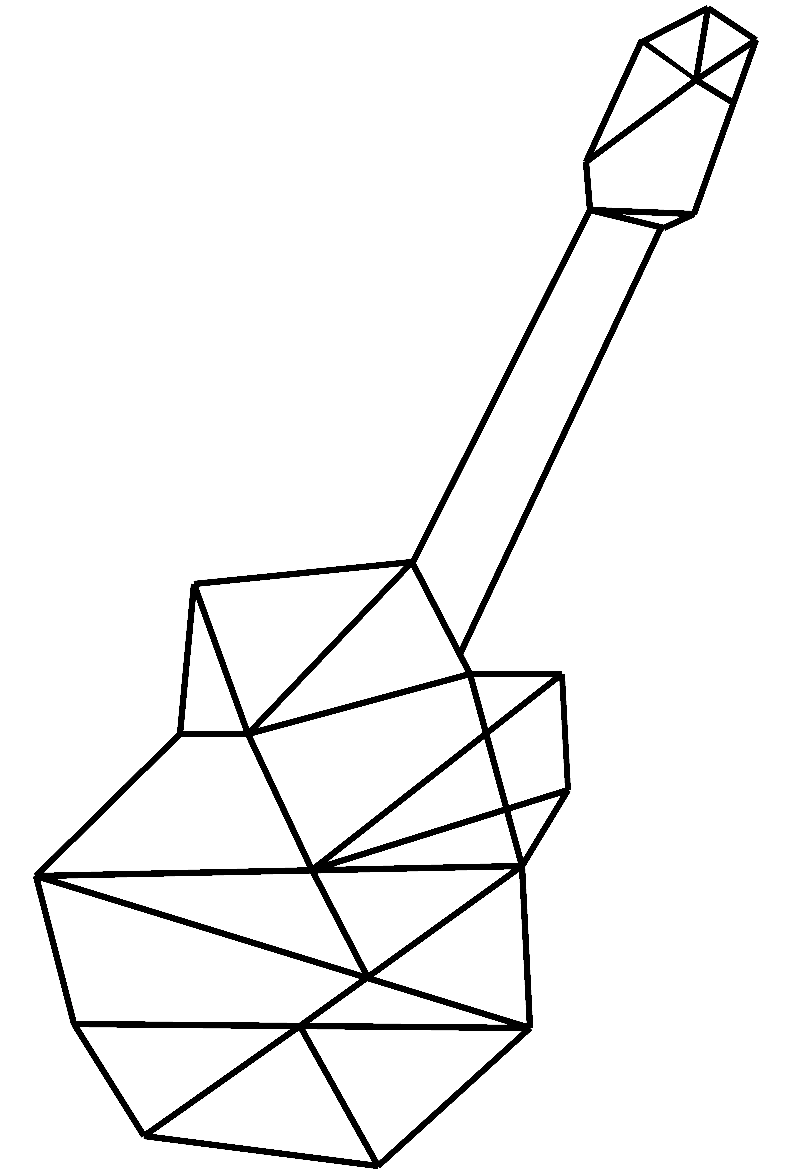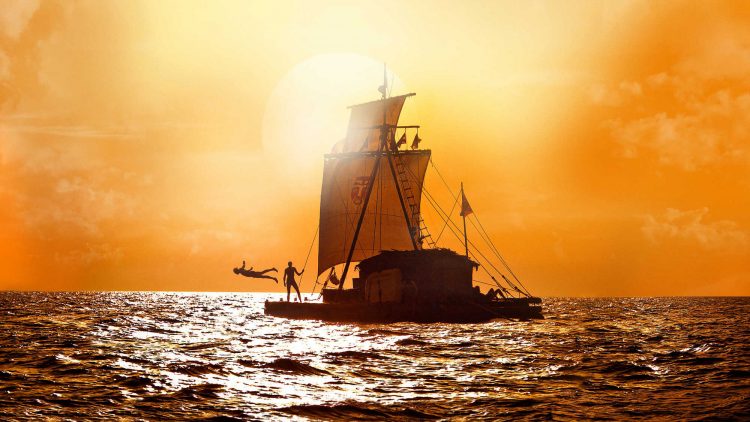“We shall not cease from exploration, and the end of all our exploring will be to arrive where we started and know the place for the first time.”
T.S. Eliot
As infants, we all instinctively learn through active exploration. As soon as we open our eyes we are taking in the world, trying to make sense of the chaos. Human beings are born with an innate curiosity and an explorer mindset that is essential in our formative years as we set out into this brave new world on an expedition of taste, touch, smell, sight and sounds. Think how incredible it is that so much of what we do, and take for granted, daily – walking, talking, breathing, thinking – we taught to ourselves. Sure we have all refined these and other skills along the way with the help of a variety of guides and teachers, but we began on our own. Our early observations of the world around us form our individual world view, and physically form neural pathways in our brains.
As adults then, it is surprising how infrequently we acknowledge or appreciate this self-reliance. The value of autodidactism. We are conditioned by our education system (however effective and beneficial it may be) into believing that there is no learning without teachers, books, and institutions. That knowledge can only be attained from external sources, through intermediaries who have the definitive answers. Obviously this can still be a completely valid and necessary approach to learning, and in some disciplines highly preferable to auto-didactism (I’m sure we’d all agree when needing a doctor or sitting on a plane; that it’s a comfort to know the trained professional whose hands we’re about to place our lives in has learned their stuff from other, more experienced professionals, and isn’t just figuring it out as they go along). There are so many who have come and gone before us, so many who have experiences we can learn from and who have already put in the time and effort to deduce the answers we may need. However, it is not the only way.

Think where we might be if great explorers and innovators such as Marco Polo, Scott, Einstein or Fleming had simply accepted the world (and their various fields of study) as it was when they entered it. So many great and life, if not world, changing discoveries have been made through trial and error, curiosity and the will of self-exploration.
The same can be true in our own practise at our craft, as musicians, or simply as people. Sit down at your instrument with the mindset of an explorer setting out on a expedition, rather than a student awaiting the illumination of answers. Allow yourself to make mistakes. Start in familiar territory and move towards the unknown. If you have good teachers in your life you can always bring what you find to them for assessment, classification and clarification after the fact. You don’t have to necessarily understand what you are doing at any given moment, particularly as so much of music is about feeling and intuition.
“The ones who pioneered these paths aren’t our masters, but our guides. Truth stands open to everyone; it hasn’t been monopolized.”
Seneca
Experiment with playing different types of music than you would normally be drawn to. Even explore playing completely different instruments, untutored and unbiased, sometimes when you don’t know the rules you can go places the informed would never dream of going. I have certainly learned as much about rhythm from badly playing the drums as I have playing the guitar well. When you return from the wilderness of the unknown you will find a greater understanding and appreciation of the place where you started.
As with so many things, I believe, the truest (and often quickest and most lasting) growth comes with balance. Balancing your tutelage with free-form exploration will not only make you a more rounded musician, but it will make you unique. Your abilities and idiosyncrasies will be the reflection and result of trial and error and engagement in your craft, rather than the cookie cutter moulding of a master or teacher.
So revive and embrace your own child-like curiosity and wonder. Be inspired, be wrong, make mistakes and learn from them, fan the flames, don’t be afraid to ask questions but also, and most importantly, don’t be afraid to set off on your own in search of the answers.
I hope you’ve enjoyed this latest post and are inspired to set off on your own musical explorations, you will find them truly instrumental in your growth and development as a player and overall musician. If you’ve enjoyed this article please take a look at our other blog posts, and let me know your thoughts in the comments below. If you’re looking for guitar lessons in Leeds then please get in touch, and I look forward to helping you unpack your findings when you return from the great unknown.

